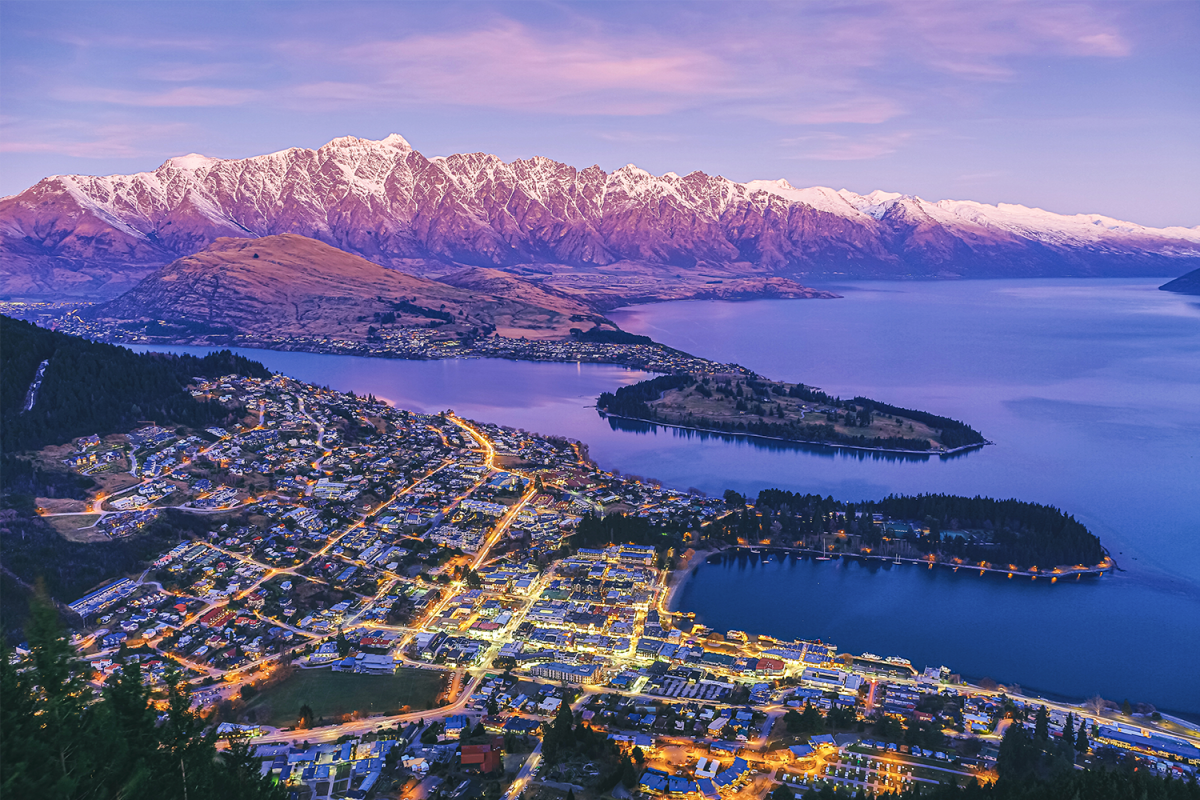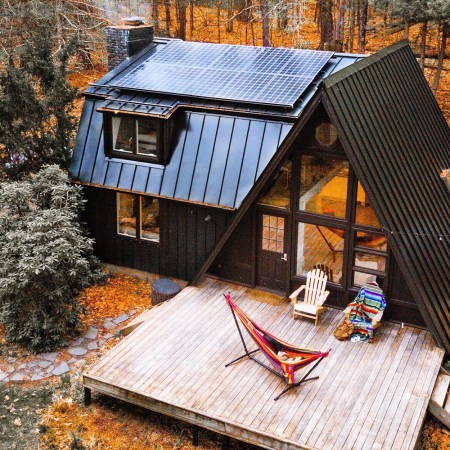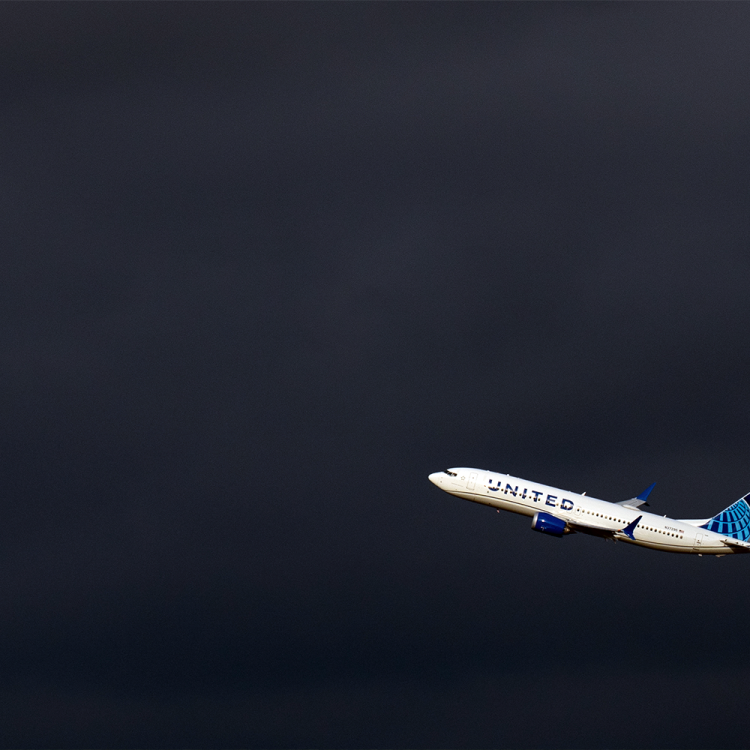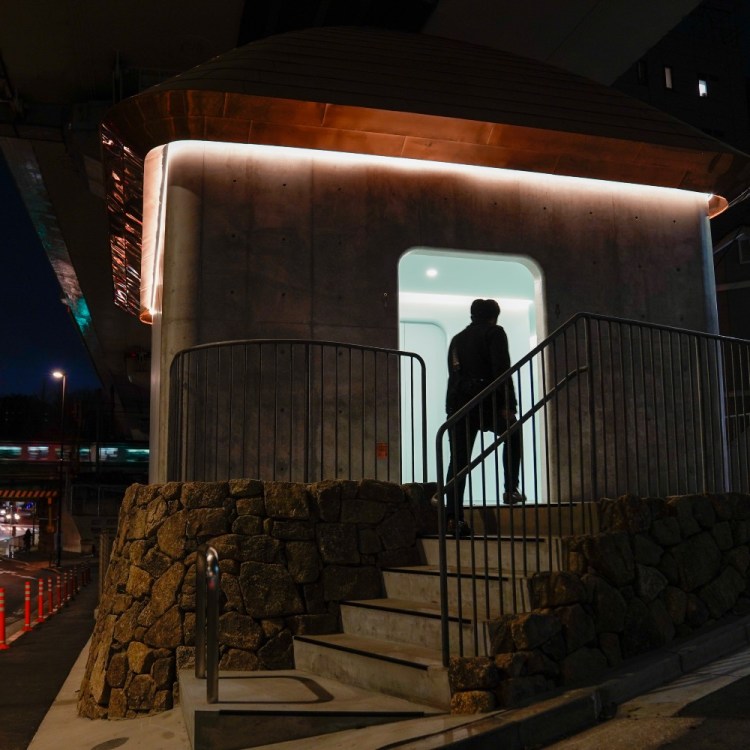On February 2, 2020, a man in the Philippines became the first person to die from COVID outside of China. The very next day, New Zealand began cracking down on foreigners traveling to and from China and implemented a two-week quarantine for residents returning home. By mid-March, the borders were closed entirely to all non-residents, an edict that would span the entirety of the following 19 months. This past July, they even cut ties with Australia, a neighbor with whom they’d formerly shared a travel bubble.
New Zealand’s were the among the most aggressive travel-related restrictions imposed at the time, though the payoff was considerable. To date, the country has experienced a little over 6,100 confirmed COVID cases and just 28 subsequent deaths.
That said, per a new report from CNN, what has arguably become the most “closed-off” nation in the world is now set to begin easing COVID travel restrictions. According to the minister in charge of New Zealand’s COVID response, Chris Hipkins, travelers from Pacific countries (Tonga, Samoa, Vanuatu, etc.) will no longer need to quarantine on arrival starting next month. Additionally, the current 14-day hotel quarantine requirement will be shortened to just seven days for fully vaccinated international travelers — emphasis on vaccinated, as, starting November 1, it will be required of all foreign nationals.
“It’s time we reopened to the world. We can’t remain shut behind the walls of Fortress New Zealand,” Hipkins said upon making the announcement.
While it’s hardly “the end” of the pandemic, it’s undoubtedly still a major step forward for the travel industry and, frankly, for morale’s sake, too. In August, Prime Minister Jacinda Ardern made her intentions to keep the borders closed until 2022, when she anticipated a greater percentage of the New Zealand population would be vaccinated, clear.
“We’re simply not in a position to a fully reopen just yet,” Ardern said in a statement at the time. “When we move we will be careful and deliberate, because we want to move with confidence and with as much certainty as possible.”
To date, nearly 73% of New Zealanders have received at least one dose of the vaccine. And while their rollout plans will continue to evolve (chief among them are the implementation of a new home-isolation order for inoculated travelers in lieu of a hotel quarantine as well as a vaccine requirement for all international Air New Zealand flights starting February 1) the fact that New Zealand is comfortable welcoming foreign nationals — and ahead of schedule at that — feels like a cause for optimism.
Thanks for reading InsideHook. Sign up for our daily newsletter and be in the know.


















